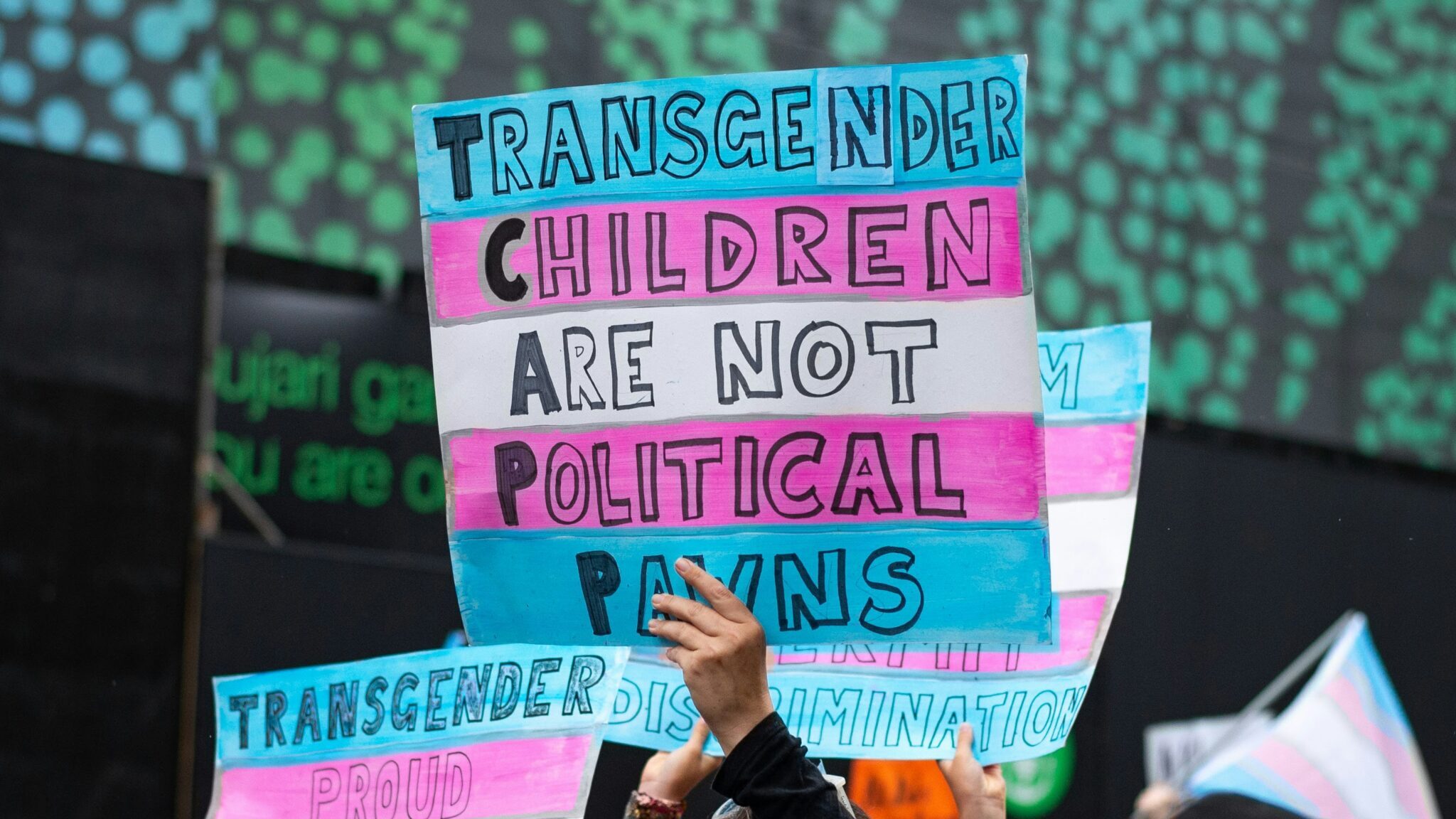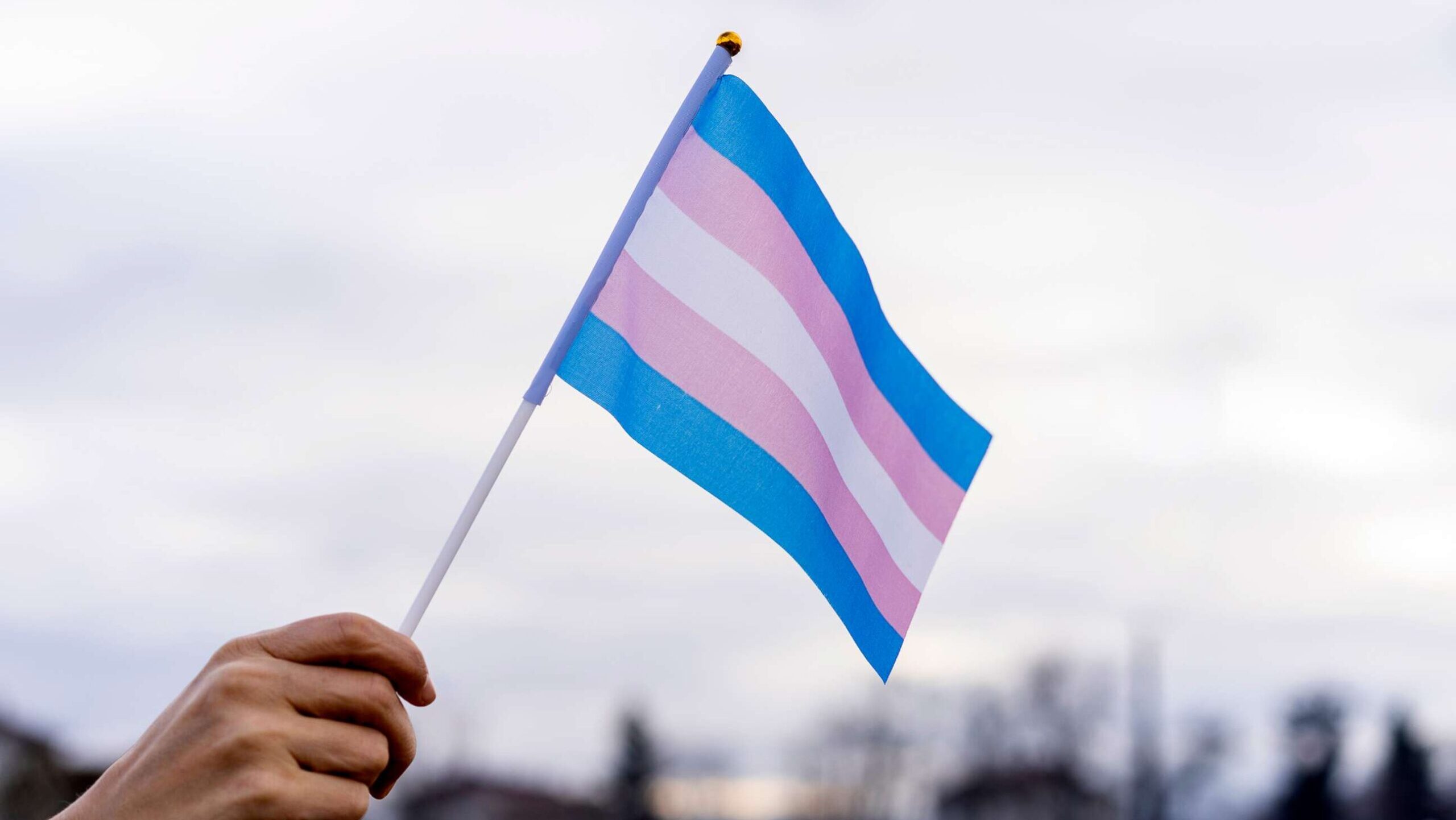LGBTQ+ rights advocates on Tuesday celebrated Tuesday after a federal court became the first in the U.S. to rule that transgender people who suffer from gender dysphoria must be protected from discrimination under the Americans With Disabilities Act.
Rewire News Group called the ruling in Williams v. Kincaid “a win for gender-affirming care.”
The case stemmed from the experience of Kesha Williams, a transgender woman who was incarcerated in Fairfax County, Virginia in 2018.
“The disorder that my client now has did not exist, at least diagnostically… We must apply a modern understanding.”
When jail staff found out Williams was transgender, they housed her with men, harrassed her, confiscated her bras, and frequently refused to provide her with the hormone treatments she’d been taking for 15 years.
Williams filed a lawsuit arguing the Fairfax County Sheriff’s Office had violated her rights under the Americans With Disabilities Act (ADA), with her lawyers arguing that she should have been protected from discrimination under the law.
They argued that the ADA should extend protections to people with gender dysphoria—defined as the “psychological distress that results from an incongruence between one’s sex assigned at birth and one’s gender identity.”
A district court ruled against Williams last year, but the U.S. Court of Appeals for the Fourth Circuit on Tuesday reversed that decision.
In 1990, when the ADA was signed into law, it did not mention gender dysphoria but explicitly excluded “gender identity disorders not resulting from physical impairments” from the protections it offered.
As The Washington Post reported in May while the appeals court was considering Williams’ case, right-wing policymakers pushed for the exclusion of “gender identity disorders” along with pedophilia, voyeurism, and exhibitionism, classifying all as “sexual behavior disorders.”
Continuing to exclude people with gender dysphoria from discrimination protections would make the ADA unconstitutional, Williams argued.
“The disorder that my client now has did not exist, at least diagnostically” when the ADA was signed into law, Joshua Erlich told the court. “We must apply a modern understanding.”
In an amicus brief, LGBTQ+ rights groups including GLBTQ Legal Advocates & Defenders, Lambda Legal, the ACLU, and the National Center for Transgender Equality wrote that gender dysphoria “results from an atypical interaction of sex hormones with the developing brain.”
“This atypical interaction, which results in a person being born with circulating hormones inconsistent with their gender identity, is a physical impairment,” said the groups.
In what rights activist Erin Reed called a “massive win for transgender people,” the appeals court on Tuesday ruled that Williams “plausibly alleged that gender dysphoria does not fall within the ADA’s exclusion.”
Williams’s case against Sheriff Stacy Kincaid’s office alleging disability discrimination will now be able to proceed.
First seen in common dreams




